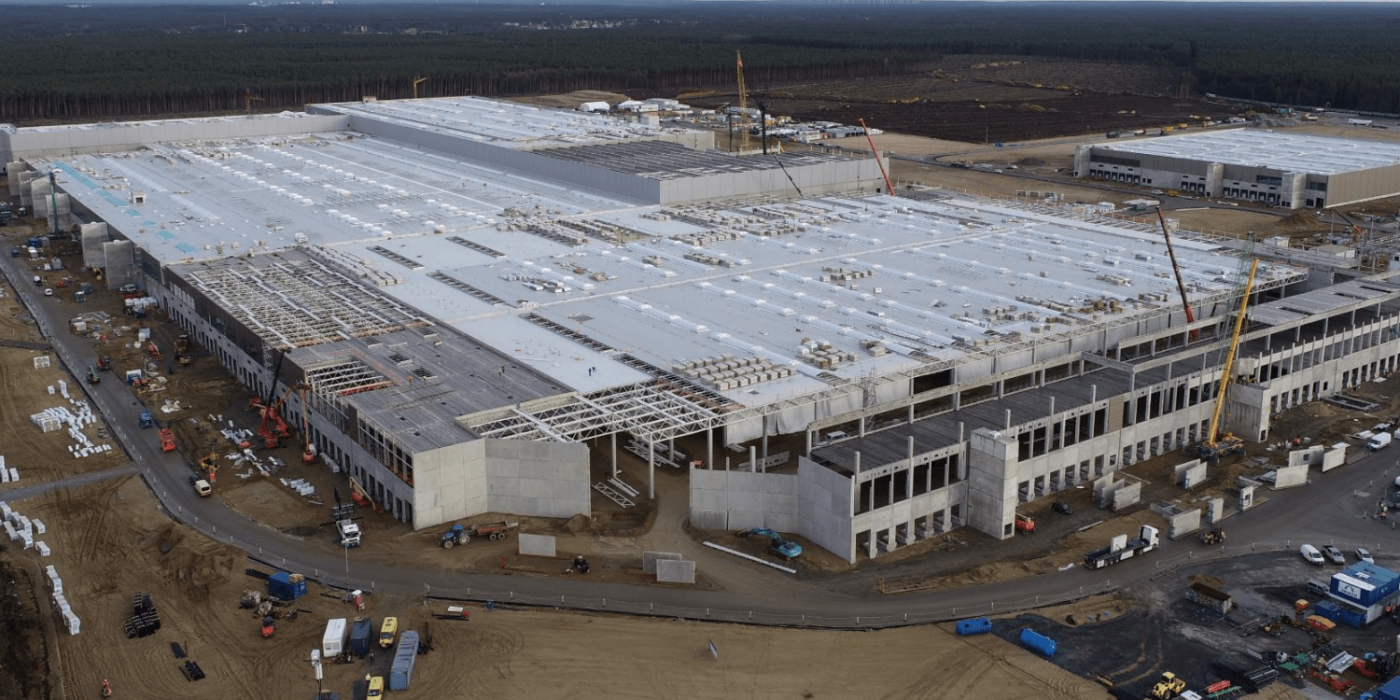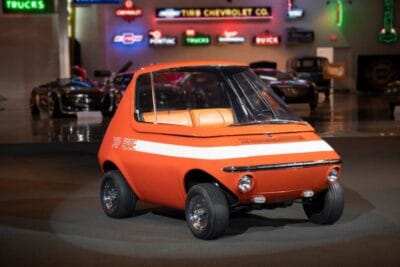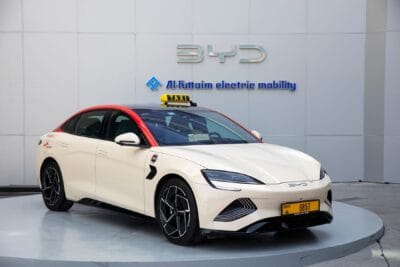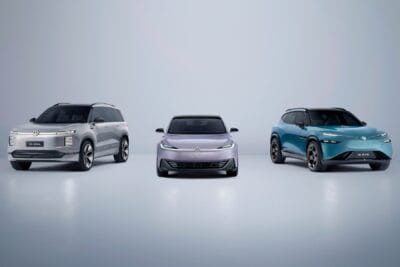Tesla Giga Berlin expansion threatened by water supply
The water consumption for Tesla’s Gigafactory in Grünheide could become a threat to a later expansion of the plant, according to a report by German media. This could affect Tesla’s plans to produce battery cells in Grünheide from 2022.
According to the report by ZDF’s Frontal21, the Strausberg-Erkner Water Association (WSE) currently only sees itself in a position to supply the factory with water in the first expansion stage. Brandenburg’s Environment Minister Axel Vogel stressed that there was enough water for the start of production. However, Vogel warns “If it should go beyond that, developments might not take place”.
Water supply and disposal have long been a critical issue in the construction of the Tesla plant in Brandenburg. As early as the summer of 2020, the WSE is said to have temporarily halted plans for the water supply for the factory. At the time, this emerged from a report by local channel RBB with reference to an internal letter from the association. Even then, the WSE apparently reckoned that the annual supply of 15 million cubic metres of water per year would only be sufficient until 2022. At that time, Tesla apparently delayed signing a draft contract for the same amount of water because of possible factory expansion plans.
This is exactly what the documentary by Frontal21 now provides more details about. Among others, André Bähler, head of the Strausberg-Erkner water association, has his say. He fears that the Tesla production in Grünheide in Brandenburg will lead to restrictions on drinking water. According to research by the magazine, the factory of the US electric car manufacturer will consume about 3.6 million cubic metres of water per year with the next expansion stages. The report estimates that would be about 30 per cent of the total water volume in the region. This means that there is not enough water, Bähler said in the interview.
The magazine also cites internal documents of the Brandenburg Ministry of the Environment as a source. There it is said that Brandenburg is already increasingly reaching “capacity limits” with regard to water as a resource. It goes on to say in meeting minutes from 9 July 2020: the “settlement of industry and commerce (e.g. Tesla)” is exacerbating the “situation in the eastern Berlin hinterland.” As mentioned above, the head of the authority, Brandenburg’s Environment Minister Axel Vogel, emphasises that there is enough water for the first expansion stage. According to him, Tesla will initially use around 1.4 million cubic metres of water per year from summer 2021. Tesla also knows that water is a limiting factor for the factory expansion, says the state environment minister in the article.
A statement by Tesla CEO Elon Musk is also quoted by Frontal21: “Basically, we are not in a very dry region. Trees wouldn’t grow if there was no water. I mean, we’re not in the desert here.”
Tesla’s construction progress in Grünheide has so far been based solely on provisional permits made possible by the Federal Immission Control Act. Should Tesla be denied the final environmental permit, which is still pending, the Californian company would have to dismantle everything at their own expense. Tesla has meanwhile increased its investment volume for the car factory in Grünheide to 5.8 billion euros. The company is also sticking to the production start date of July 2021. In future, 500,000 electric cars per year are to be produced on-site.
The production of battery cells is also planned. Tesla wants to submit the application for approval for the production of battery cells in Grünheide by July of this year at the latest. According to the article, production of the cells is expected to start in 2022. The business paper cites “well-informed industry circles” as its source. It is considered likely that the new 4680 cells announced at Tesla’s ‘Battery Day‘ in September 2020 will be produced in Brandenburg.
With reporting by Cora Werwitze, France.





0 Comments